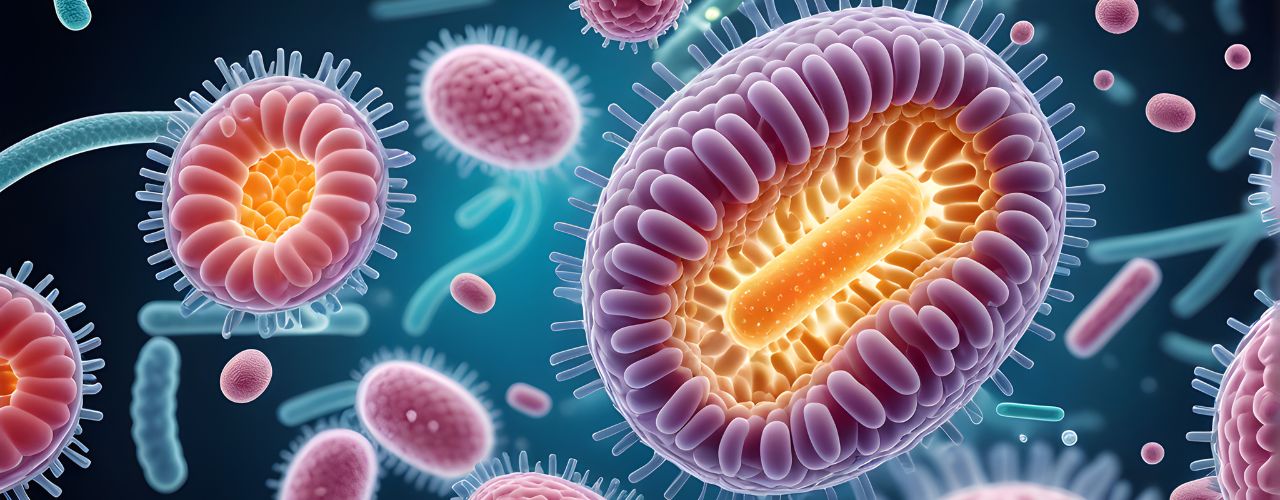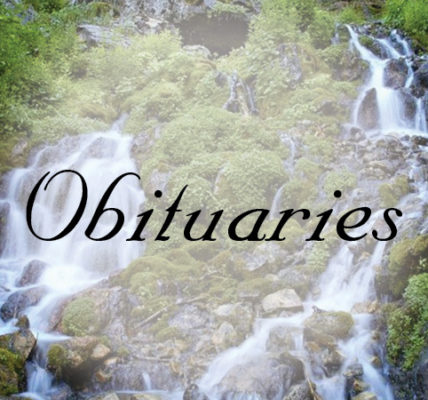E. coli, short for Escherichia coli, is a type of bacteria that resides naturally in the intestines of both humans and animals. While most strains are harmless and are part of a healthy intestinal tract, some can cause illnesses ranging from urinary tract infections to more severe conditions like pneumonia.
The strains that pose a serious threat to human health can cause foodborne illnesses, leading to symptoms like severe stomach cramps, vomiting, and diarrhea. Understanding how dangerous an E. coli infection is and why they are dangerous will empower you to take preventive measures and maintain robust health and hygiene practices.
The Basics of E.coli Infections
Most E. coli strains are mild and contribute to the gut’s health by producing vitamin K2, preventing the establishment of pathogenic bacteria, and promoting overall gut health. E. coli infections can range from mild to severe, depending on the strain involved and the individual’s overall health.
The most dangerous E. coli strain, O157:H7, produces a potent toxin that can cause severe abdominal cramps, bloody diarrhea, and vomiting. It could also lead to a life-threatening condition known as hemolytic uremic syndrome (HUS) and kidney failure in certain cases.
Misconceptions About E.coli
Perhaps one of the most persistent misconceptions about E. coli is that it only lives in undercooked beef or contaminated water. The truth is that E. coli can be present in various sources, including raw milk, fresh produce, and even places like swimming pools. Another misconception is that only the vulnerable, like young children and older adults, can fall seriously ill from this infection. Anyone can suffer from it, although those with weakened immune systems are at a higher risk.
Prevention and Treatment of E.coli Infections
Prevention is always the best medicine for E. coli infections, although sometimes it can be a surprise. Always cook meat thoroughly, wash fruits and vegetables before consuming, and avoid drinking unpasteurized milk or juices. Hydration and rest are crucial as the body fights off the infection. Consulting a doctor or hospitalization may be necessary in severe cases.
The Importance of Understanding E. coli
Knowledge of E. coli and its dangers is essential in maintaining health and well-being. Nobody should take E. coli infections lightly, as they can lead to serious, even life-threatening conditions. Understanding the true nature of E. coli will debunk harmful misconceptions and foster better, safer habits to prevent unwanted situations.
We hope this article on how dangerous an E. coli infection is and why they are dangerous acts as a potent reminder of the importance of food safety and personal hygiene. Its danger lies in the diseases it can cause and our misunderstanding of its nature. It’s important to stay informed on the actual risks and encourage preventive measures.





